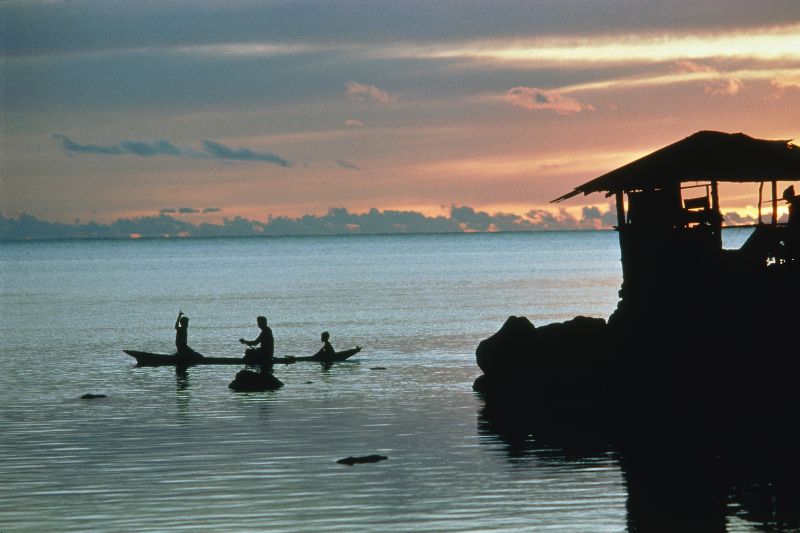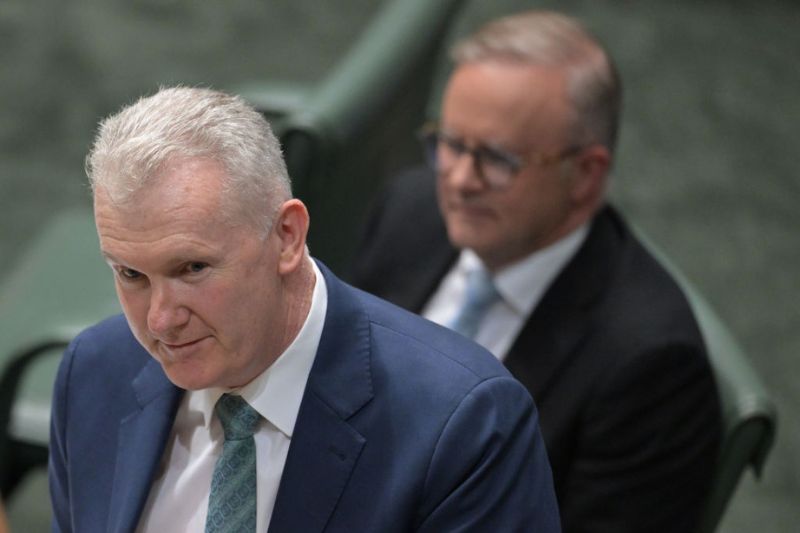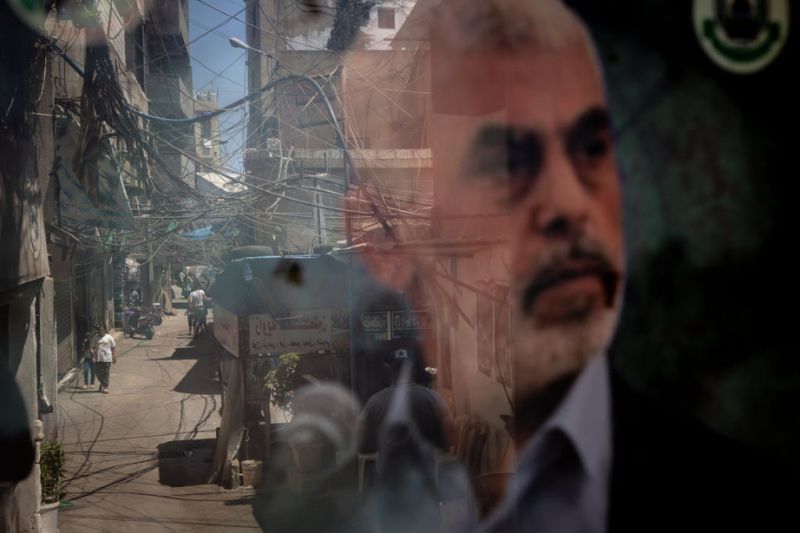Keywords: Equal Opportunity
-

RELIGION
- Bill Uren
- 11 December 2024
A contentious graduation speech at Australian Catholic University laid bare divisions between traditional Catholic values and modern sensibilities. The backlash, marked by audience walkouts, underscores broader challenges facing the Church.
READ MORE
-

INTERNATIONAL
- Damian Spruce
- 10 December 2024
At COP29, the world’s wealthiest nations promised to confront climate change—but delivered only a fraction of the required funds, leaving developing countries with a trillion-dollar shortfall. As Pope Francis warns of a sick planet, the question remains: Who pays for the climate crisis, and who bears the consequences?
READ MORE
-

AUSTRALIA
- Frank Brennan
- 04 December 2024
1 Comment
When High Court rulings challenge government policy, they usually prompt reflection and refinement. But for the Federal Government, a recent decision on non-citizen rights has sparked a legislative overreach, mirroring the Opposition’s hardline stance.
READ MORE
-

RELIGION
- Justin Glyn
- 30 November 2024
2 Comments
The Synod on Synodality has quietly rewritten the Church’s relationship with disability, shifting from a legacy of marginalisation to a vision of equality and dignity. This historic move acknowledges past failings while championing the rights of disabled people as full participants in faith and society. But does the rhetoric match reality?
READ MORE
-

AUSTRALIA
- Kevin Bell
- 29 November 2024
2 Comments
With unaffordable housing pushing families into impossible choices, homelessness affecting 120,000 people, and systemic inequities deepening, we must ask: What kind of society do we want to build — and for whom?
READ MORE 
-

INTERNATIONAL
- Binoy Kampmark
- 23 October 2024
2 Comments
The death of Hamas leader Yahya Sinwar, architect of the October 7 attacks on Israel, has been hailed by Israeli and U.S. leaders as a significant victory and a turning point in the Gaza conflict. But as strikes continue, history suggests such assassinations often fuel further conflict, not lasting peace.
READ MORE